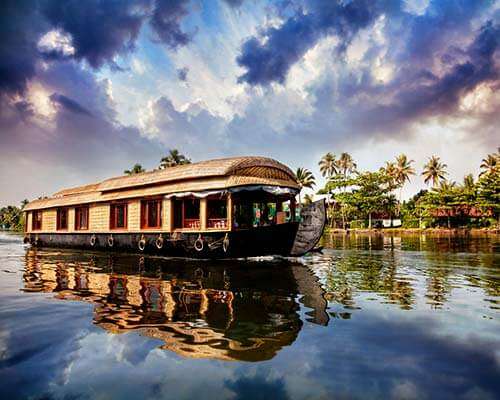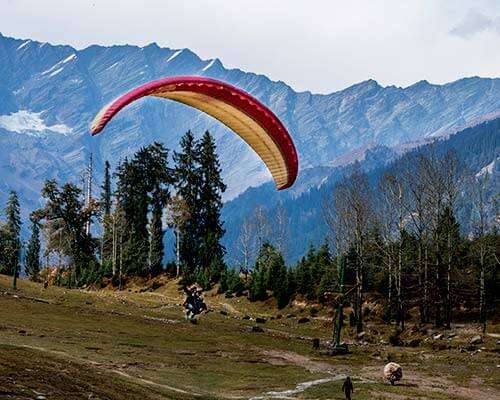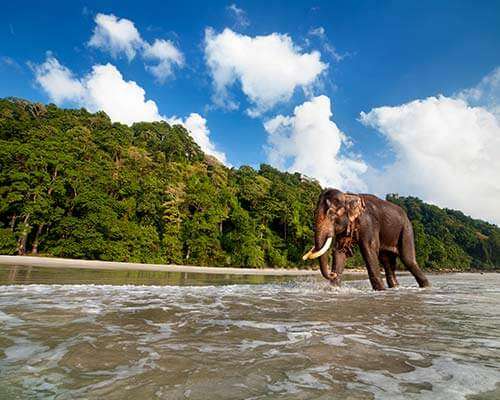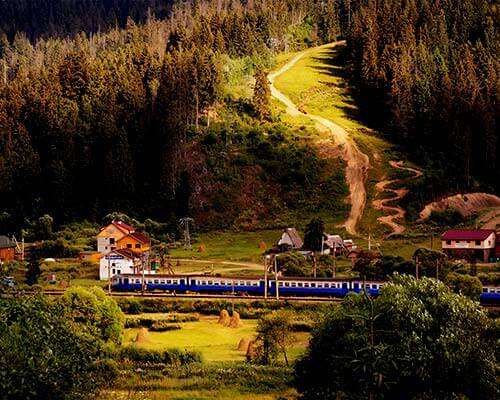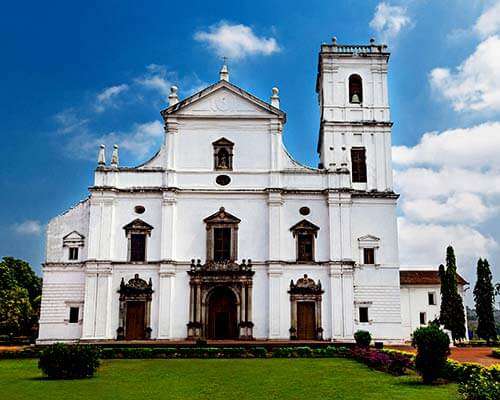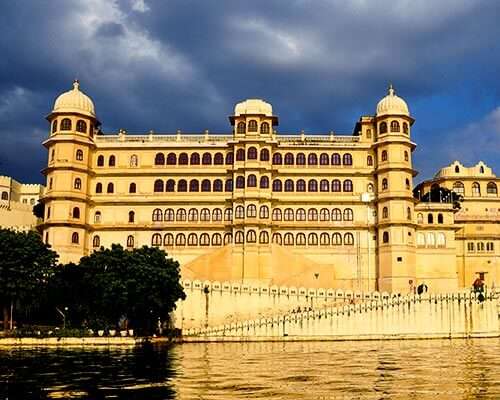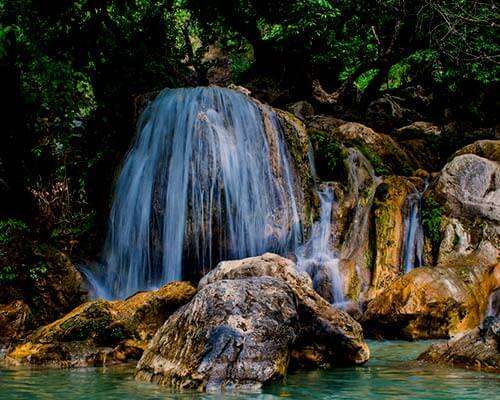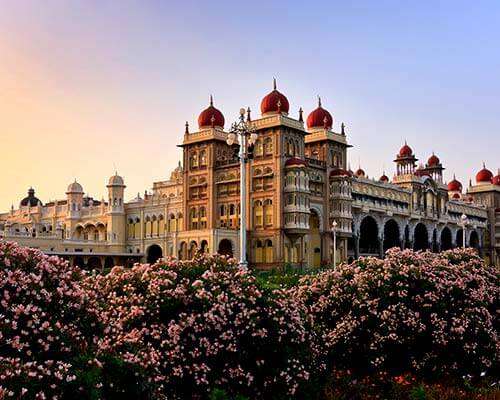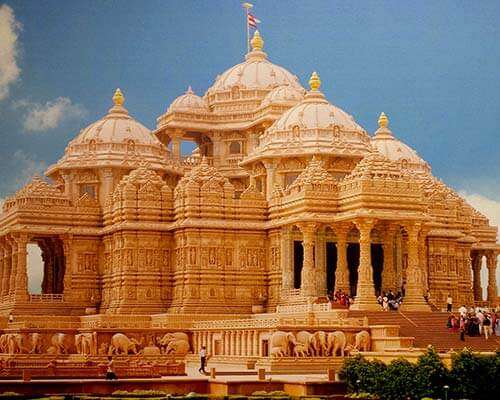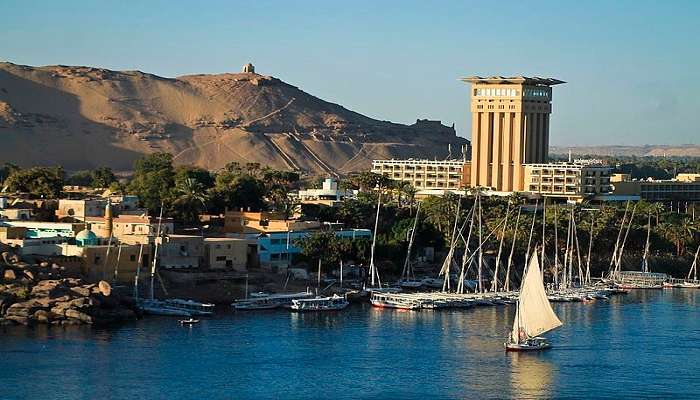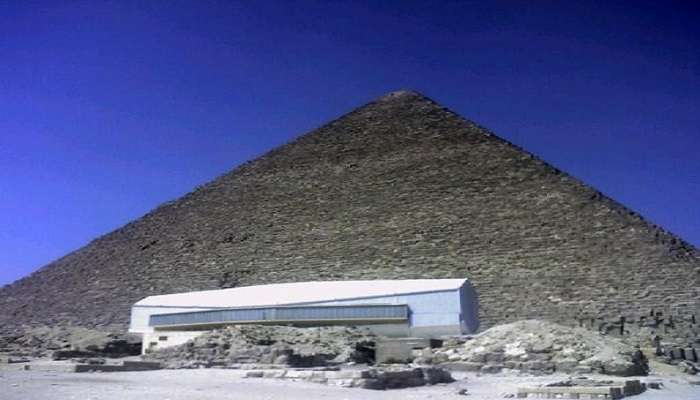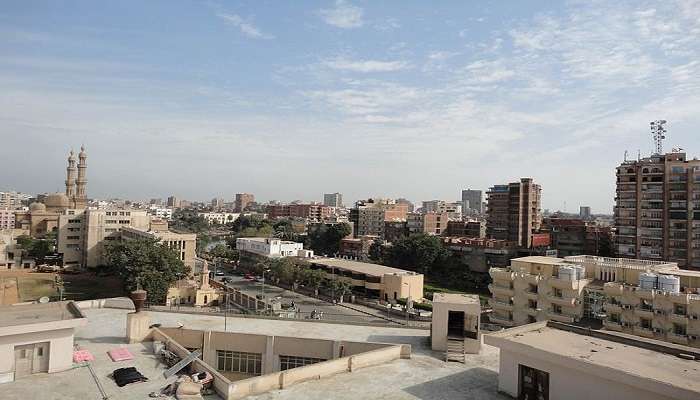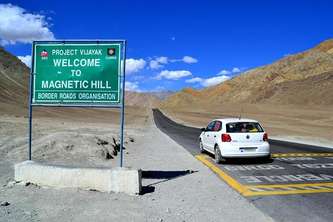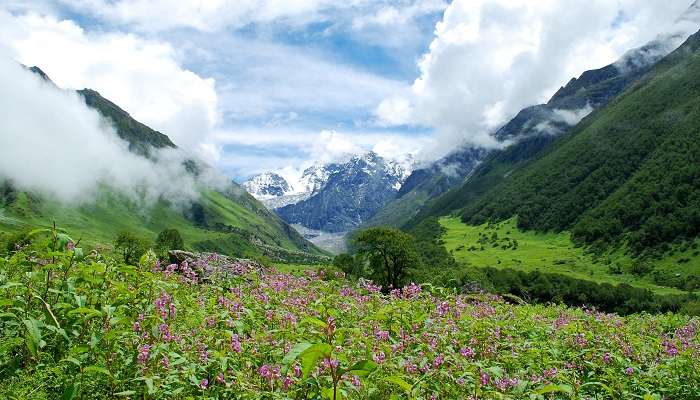A Detailed Guide On Egypt: Gift Of Nile
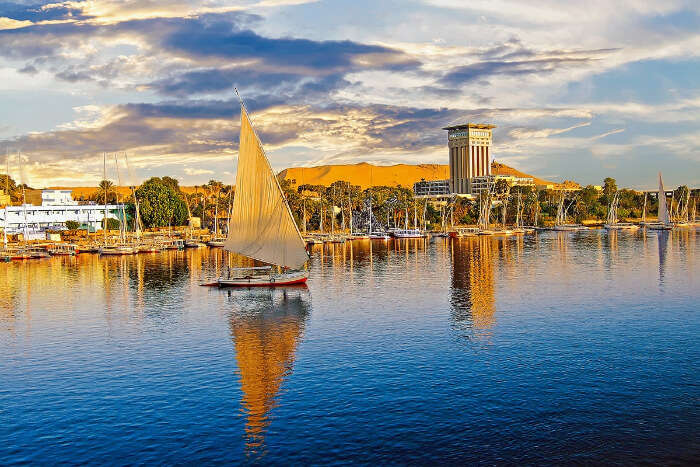
Egypt invites you with the splendid Nile and eminent landmarks, the overwhelming desert, lavish delta, and with its long yet interesting past. With sand-secured tombs, grim pyramids and transcending Pharaonic sanctuaries, Egypt draws out the wayfarer in every last one of us. Take a trip to the Valley of the Kings in Luxor, where Tutankhamun’s tomb was uncovered, and see the amazing discoveries unearthed in the Egyptian Museum. Bounce off a Nile ferry to visit Dendara, Edfu or one of the other waterside sanctuaries, cross the Lake of Nasser to see Ramses II’s artful culmination at Abu Simbel, or trek into the desert to discover the hints of Roman exchanging stations. You never know – you may unearth one more discovery, for that is the manner in which numerous past revelations were made.
Egypt once managed a realm from Al Qahira – Cairo, the City Victorious. The city is pressed with taking off minarets, medieval schools and mosques, the absolute most noteworthy design of medieval Islam. In the meantime, Egypt’s local Christians, the Copts, have carried on their customs in numerous regards –, for example, the congregation’s ritualistic dialect and the customary logbook – date back to the season of the pharaohs. Tap into the history in Cairo’s initial chapels and in remote desert religious communities.
Egypt: The Gift Of Nile
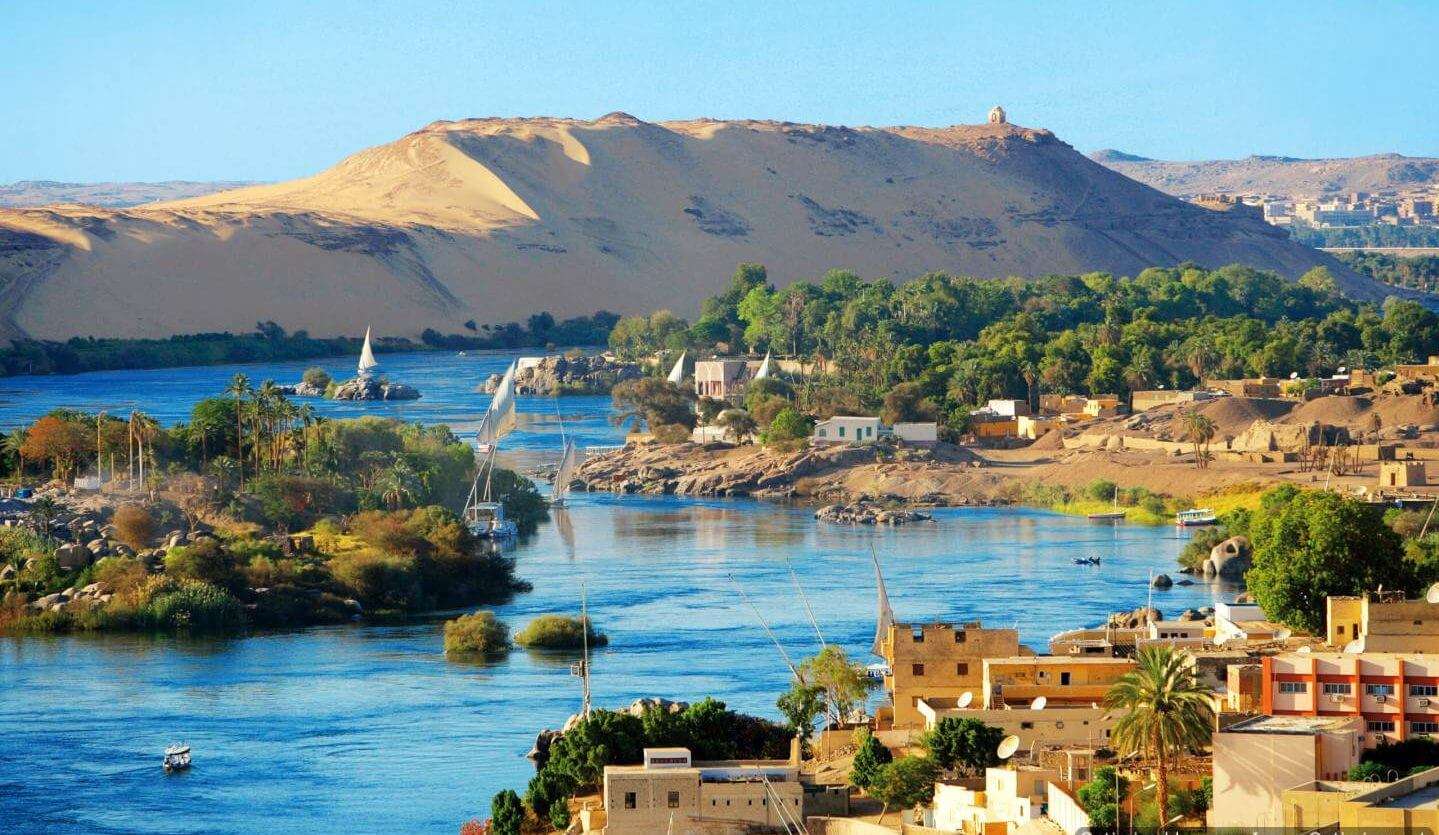
The well-known axiom that Egypt is the endowment of the Nile still seems to be accurate: without the stream, there would be no rich land, no sustenance, and significantly less power. In spite of the fact that individual lives are progressively physically isolated from the water, the Nile still applies for an extraordinarily intense job. Fortunately for guests, the waterway is likewise the ideal place from which to see a considerable lot of the most acclaimed landmarks, which is one motivation behind why a Nile journey stays such a mainstream approach to travel. The Nile is the longest river on the planet. The Nile River keeps running down the center of old Egypt.
The Nile is formed like a lotus bloom, the structure found in antiquated Egyptian workmanship, math, and hieroglyphics. The mouth of the river is at the south in the mountains and it flows north up to 4,000 miles into the Mediterranean Sea.
As the snow on mountains melts, the Nile River would surge. At the point when the waters retreated, they abandoned rich soil. Crops could be developed in this dark, rich soil. The antiquated Egyptians considered this dirt “The Gift of the Nile”. The Nile gave different blessings to the antiquated Egyptians. Papyrus, utilized for everything, developed uncontrollably along its banks. It gave water for cooking and showering. Fish and waterfowl were ample. Wild vegetables could be found, alongside eggs. Egypt is situated amidst a desert. Be that as it may, life along the Nile was breathtaking.
The Flooding Season: As stated before, when the snows on the mountains melt, the Nile River tends to surge. This was something to be thankful for. At the point when the surge waters subsided, they abandoned rich soil. Yields could without much of a stretch be developed in this dark, rich soil. The antiquated Egyptians considered this dirt “The Gift of the Nile”.
Must Read: 20 Things To Do In Egypt In 2022 That No Travel Guide Will Ever Tell You About
Looking To Book An International Holiday?
Book memorable holidays on TravelTriangle with 650+ verified travel agents for 65+ domestic and international destinations.
Interesting facts that’ll make you want to explore Egypt
1. The nature is absolutely spectacular
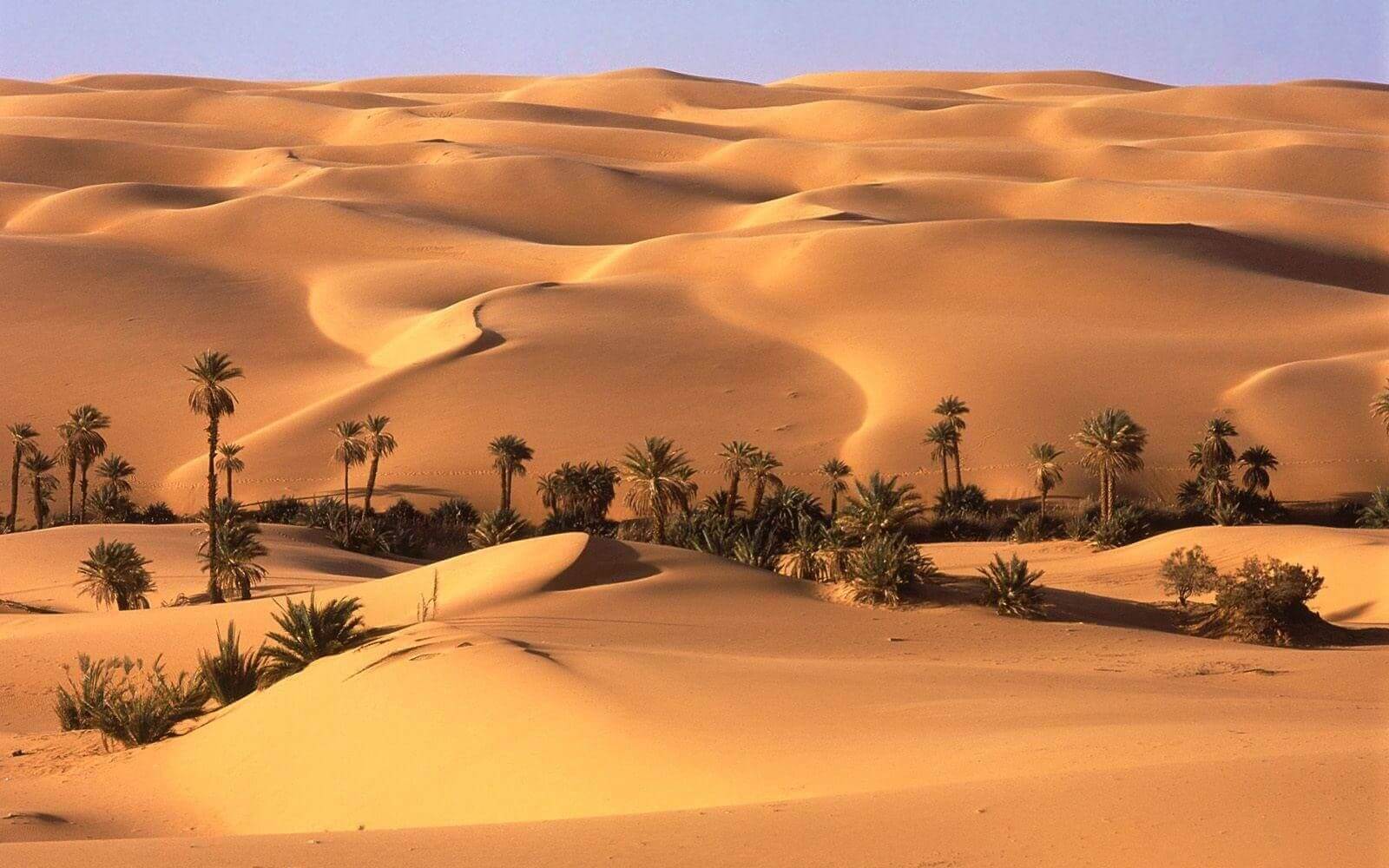
You will find a large variety of animals and reptiles such as, including cheetahs, hyenas, crocodiles, and cobras. The best places to see Egypt’s untamed life are in its 21 protected districts, which incorporate desert gardens, deserts, mountains, waterfront territories, stream islands, and wetlands. The old Egyptians left depictions and carvings (which can even now be seen today!) of vast creatures like elephants, hippos, panthers, and cheetahs. These animals were once common in Egypt, however, they are presently uncommon or terminated due to proliferating lack of space and man’s degradation of the environment.
Suggested Read: 10 Best Honeymoon Places In Egypt For A Romantic Stint By The Pyramids In 2022
2. The country is among the earliest civilizations
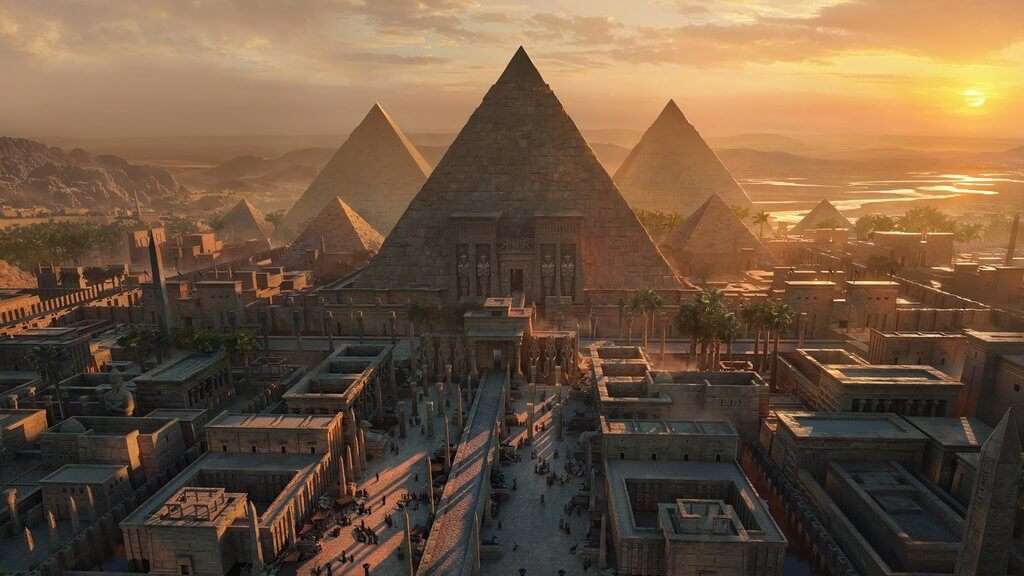
The principal individuals to live on the banks of the Nile were seekers and anglers, who settled there more than 8,000 years back. They figured out how to develop harvests and raise creatures, and they started to manufacture towns and towns. They exchanged with their neighbors and figured out how to cruise vessels. By 3000 B.C., a civilization was built up. Around 3100 B.C., lower and Upper Egypt was collated under a single leader, later called a pharaoh. These rulers manufactured tremendous pyramids, sanctuaries and other amazing landmarks. They additionally vanquished different grounds.
Suggested Read: A 4000 Year Old Tomb In Egypt Has Just Been Opened For Public & It’ll Leave Your Mind-Boggled!
3. Interesting demographics of Egypt
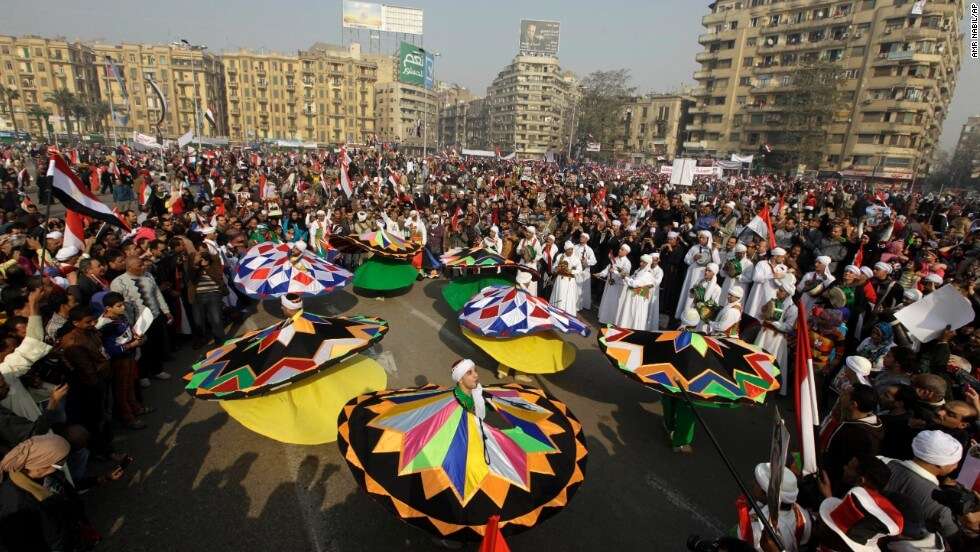
Around 90 percent of Egyptians are Muslim, which implies they are supporters of the Islam religion. Around 10% of Egyptians are Copts, one of the most established parts of the Christian religion. Egypt’s populace is developing quickly. This puts a heavy load on Egypt’s resources since a great many people live in a limited piece of land along the Nile River. Having such a large number of individuals in such a little zone causes packing all over the place, from schools and clinics to loft structures and open transport.
Suggested Read: Newly Discovered 4,400-Year Old Tomb In Egypt Is Stealing Giza’s Thunder Big Time
4. Importance of Nile in the lives of Egyptians
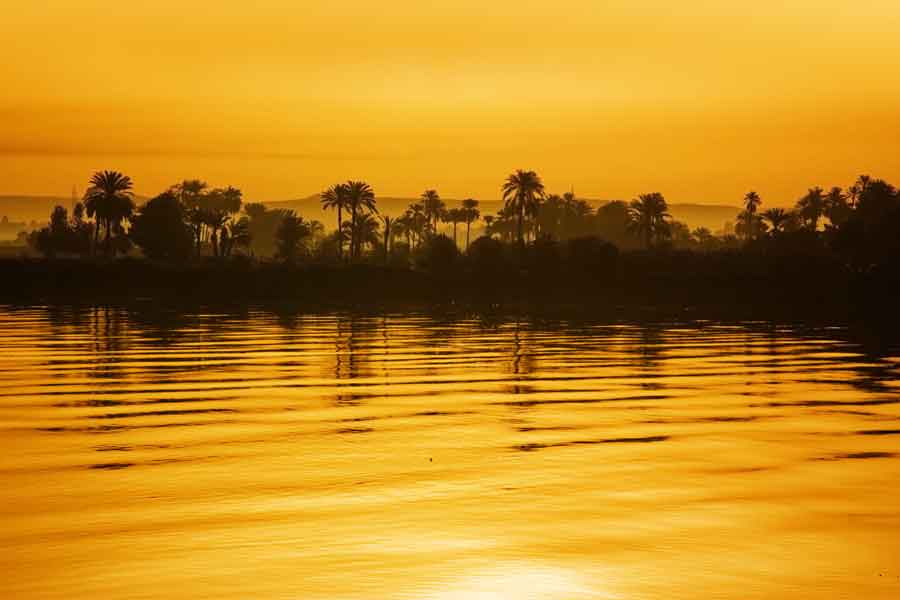
The Egyptians realize the importance of the Nile. Since there exists a paucity of rainfall to the point that there is only 2.5cm of rain throughout the year. In the absence of the Nile, Egypt would be nothing but a length of barren land. Because of the rainfalls at the mouth, the river extends to the south of Ethiopia. At the point when this occurs, surges cover the stream’s valleys, leaving residue required for trees, plants, and harvests to develop. Egypt is regularly partitioned into two segments – Upper Egypt in the south and Lower Egypt in the north. The areas are named along these lines in light of the fact that the Nile streams from south to north. The waterway purges into the Mediterranean Sea, on the nation’s north drift.
Further Read: Top 10 National Parks In Mexico That Offer The Most Incredible Wildlife Experience
We hope that this guide, Egypt: Gift Of Nile, was able to show you the real side of Egypt and has inspired you to visit this fascinating nation of pyramids. Indeed, it is a magical place to be. Why not book your Egypt tour!
Disclaimer: TravelTriangle claims no credit for images featured on our blog site unless otherwise noted. All visual content is copyrighted to its respectful owners. We try to link back to original sources whenever possible. If you own the rights to any of the images, and do not wish them to appear on TravelTriangle, please contact us and they will be promptly removed. We believe in providing proper attribution to the original author, artist or photographer.
Please Note: Any information published by TravelTriangle in any form of content is not intended to be a substitute for any kind of medical advice, and one must not take any action before consulting a professional medical expert of their own choice.
Frequently Asked Questions About Egypt: Gift Of Nile
What is the meaning of the gift of the Nile?
The Greek historian Herodotus called Egypt the “gift of the Nile”, since the kingdom owed its survival to the annual flooding of the Nile and the resulting depositing of fertile silt.
What are some interesting facts about the Nile River?
Some of the interesting facts about the Nile river are that Nile is the longest river in the world and it creates a green fertile land across desert!
What is the Nile famous for?
Nile is famous for being the longest river in the world.
What are the five Gifts of the Nile?
Farming, food, transportation, water and reeds are the five gifts of the Nile.
Looking To Book A Holiday Package?
Book memorable holidays on TravelTriangle with 650+ verified travel agents for 65+ domestic and international destinations.











